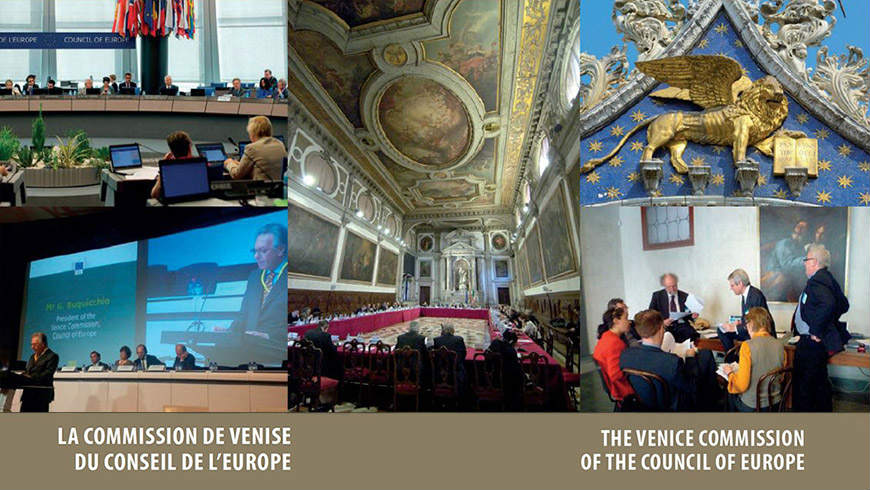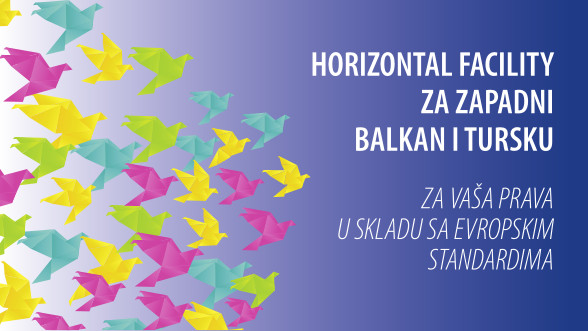In its opinion adopted today, the Venice Commission has called on the authorities of North Macedonia to re-examine the Law on the Use of Languages through consultations with all parties concerned.
The Council of Europe’s legal experts underline that in comparison with the 2008 legislation, the new law considerably extends the use of the Albanian language and in many respects goes beyond the European standards set by the Framework Convention for the Protection of National Minorities and the European Charter for Regional and Minority Languages.
While welcoming the willingness of the authorities to improve the linguistic situation of communities, the Venice Commission finds that in certain areas the new law may go too far by imposing what may prove to be unrealistic legal obligations on the public institutions, in particular concerning the use of Albanian in judicial proceedings, coupled with heavy sanctions in case of non-compliance and the possibility of reversing judicial decisions, if there is the lack of translation and interpretation during the proceedings.
According to the opinion, this approach could significantly slow down the functioning of the entire judiciary, risking serious breaches of the right to a fair trial, guaranteed by the European Convention on Human Rights. The Commission further notes that the language law lacks clarity in terms of which provisions apply only to Albanian and which ones also to other community languages.
The Venice Commission makes several recommendations to the authorities of North Macedonia, especially abandoning the provisions relating to the bilingualism in judicial proceedings. It also recommends that the obligation to use the Albanian language in internal and interinstitutional communication between civil servants be limited to the written official communications or its entry into force be postponed until proper implementation of that provision appears realistic.
Concerning the enforcement of pecuniary sanctions, the Council of Europe’s legal experts suggest that it should be postponed until the law is amended in order to provide sufficient legal clarity, to reduce the amounts of fines as well as to introduce the element of fault and the principle of proportionality.
The authorities are also invited to carry out an analysis of the enforcement of the 2008 law and the assessment of the budgetary and human resources impact of the new language law.
The full text of the Opinion is expected to be published by the end of the day on Monday, the 9th of December 2019, at the Venice Commission’s website.


